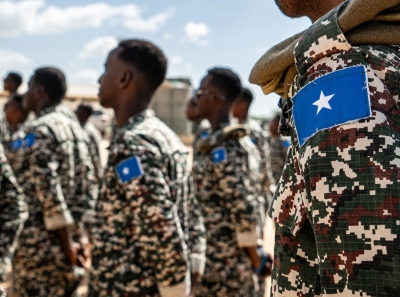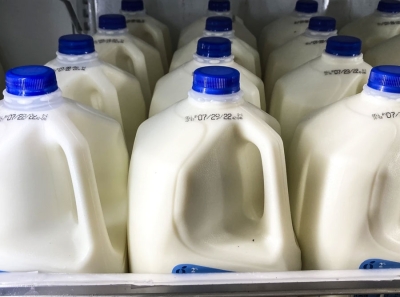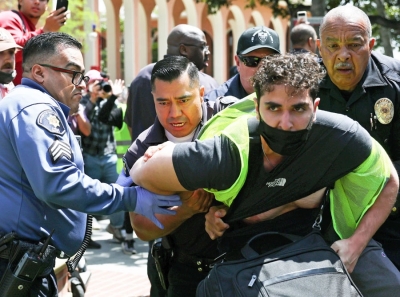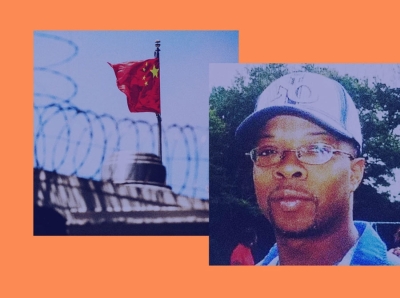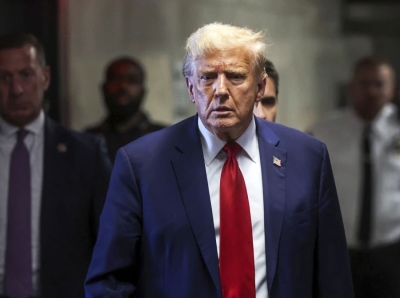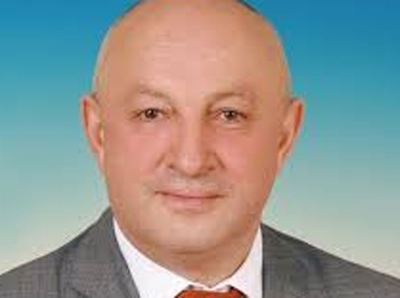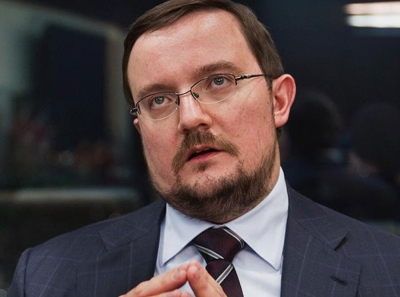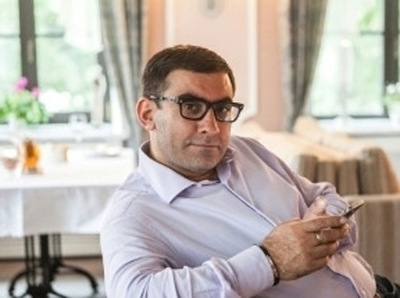Snap election in Serbia
President Aleksandar Vučić has dissolved the Serbian parliament, with a snap election to be held on 17 December. In ongoing protests, the government and state media are accused of fuelling a climate of hatred and violence. Vučić is also under pressure over the Kosovo issue. Ten opposition parties are now standing together against his SNS party, which in turn has formed a coalition with war criminal Vojislav Šešelj’s far-right SRS party, which Vučić himself once led.
Problematic allies
On the defensive, Vučić is even prepared to make a pact with a war criminal, observes Pešćanik:
“Panicking at the prospect of defeat, the dictator is conspicuously returning to his roots which he never completely eradicated. He is returning to the political mother who nurtured him for years at her generous bosom: Vojislav Šešelj. He is seeking out an alliance with someone who is exhausted by their criminal biography. If anyone knows what the worst thing you can do is if you fall, it’s Šešelj. ... Vučić couldn’t have found worse allies and advisers, but he couldn’t avoid them either.”
All against one
The Serbian opposition is united, Gazeta Wyborcza stresses:
“The early elections were sought primarily by the opposition, which has been organising weekly demonstrations under the slogan ‘Serbia against violence’ ever since the shootings in Belgrade and the village of Dubona in May. And it is with this slogan that eight opposition parties have decided to draw up a joint list against Vučić to run in the elections. It will include a variety of parties, from the conservatives to the liberals, the left and the greens, all united by their dislike of the current president.”
Vučićs power not in danger
Ukrainska Pravda emphasises a decisive advantage of the government camp:
“Early elections are not the key demand of the protesters. ... They understand that Vučić’s victory is as good as certain if the government retains full control over the TV broadcasters. That’s why the opposition demanded a change to the leadership of the TV broadcasters before new elections are announced. However, Vučić has decided to do the opposite, thus outsmarting the opposition. Vučić’s party will probably not increase its presence in parliament. Nor is it likely to gain a majority. Nevertheless, Vučić’s power is hardly under threat since he can always count on a continuation of his alliance with the Socialists.”

